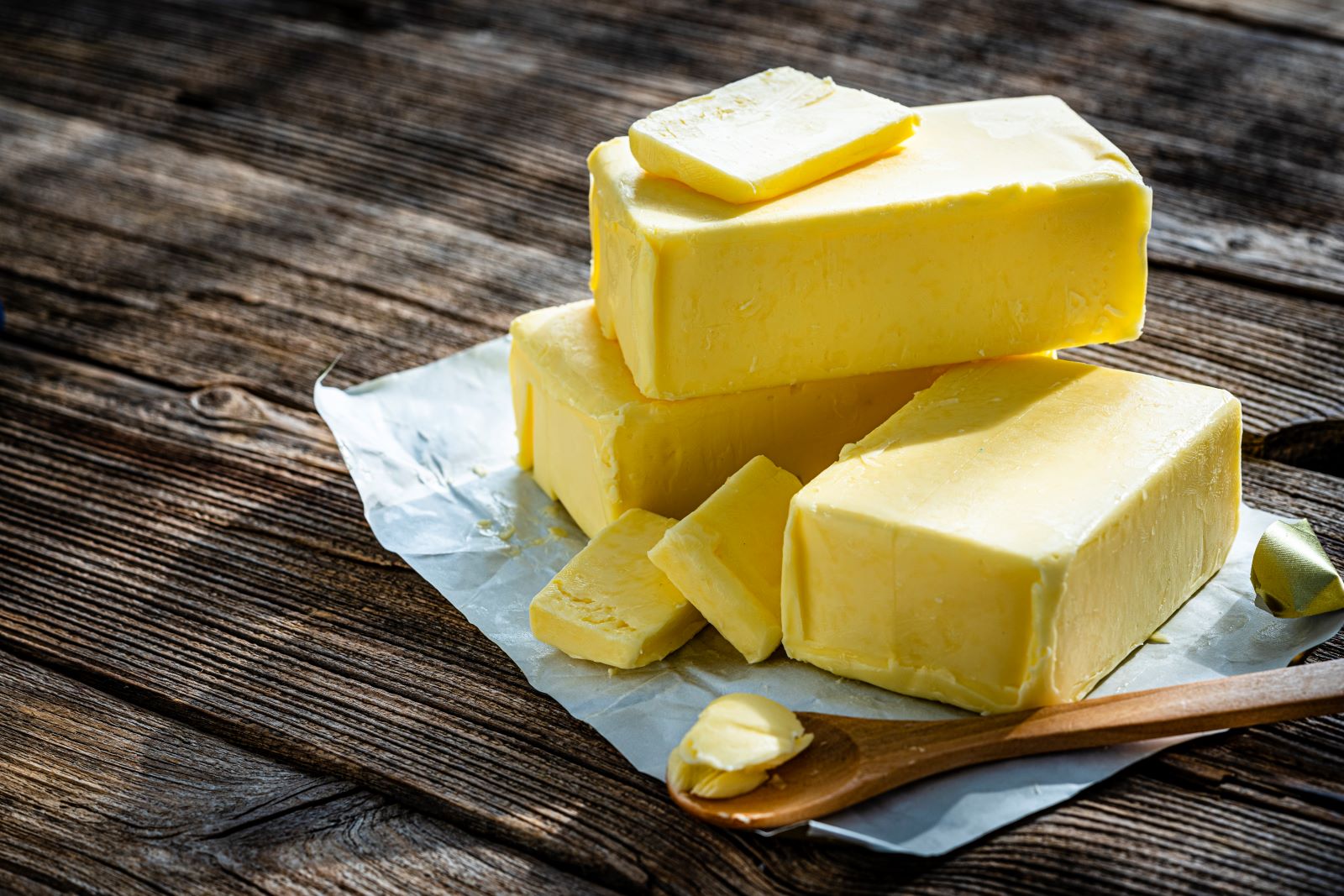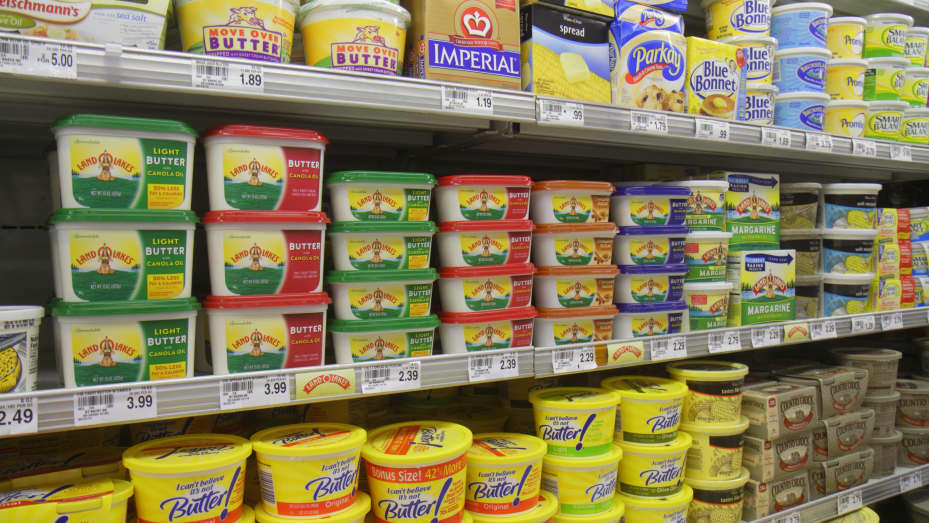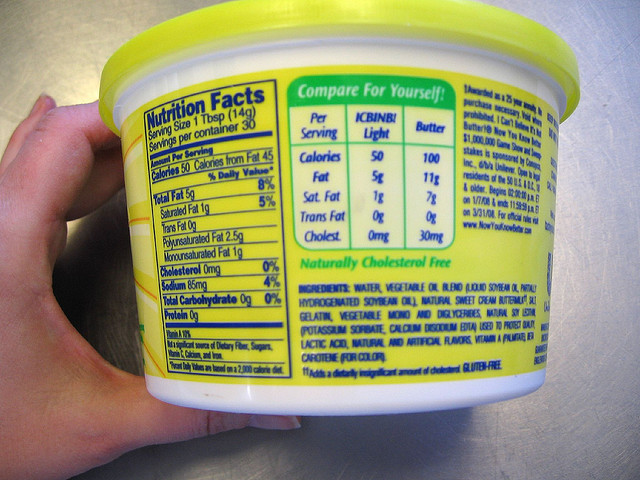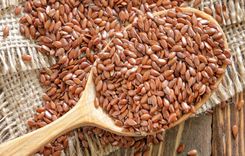Is Margarine Still Relevant?
By Ashmal Shah
6 June 2023
In a world of evolving dietary preferences and health-consciousness, the relevance of margarine, a popular butter alternative, comes into question. As consumers become more aware of the impact of their food choices on their well-being, it is essential to examine whether margarine still holds a place in today's culinary landscape.

The Rise of Margarine: A Cost-Effective Alternative

Margarine was initially developed as a cost-effective substitute for butter. During times when butter was scarce or expensive, margarine provided a more affordable option for individuals and families. Its popularity soared, especially as it offered a plant-based alternative suitable for those following vegan or lactose-free diets. Margarine quickly became a staple in many households, primarily due to its accessibility and affordability.
Health Concerns: Trans Fats and Saturated Fats

Margarine's claim to fame was its lower saturated fat content compared to butter. Saturated fats were associated with increased cholesterol levels and a higher risk of heart disease. Margarine, typically made with unsaturated fats, was marketed as a healthier alternative. Some margarine products even incorporated plant sterols and stanols, believed to help lower cholesterol levels.
However, recent scientific findings have challenged the notion that margarine is inherently healthier than butter. Researchers discovered that certain types of saturated fats found in dairy products may not have the same detrimental effects on health as previously believed. Additionally, the process of hydrogenation used to solidify vegetable oils in margarine can produce trans fats, which have been proven to increase the risk of heart disease. This revelation prompted health organizations to advise against consuming trans fats, posing a challenge to margarine's health claims.
Adaptations and Marketing Strategies: Responding to Consumer Demands
To address health concerns and retain consumer trust, margarine manufacturers have made adaptations and adjusted their marketing strategies. Many margarine products now proudly advertise their absence of trans fats, assuring consumers of a healthier option. Some margarine brands have even incorporated heart-healthy oils, such as olive or avocado oil, into their products. These changes aim to cater to the growing demand for wholesome and minimally processed alternatives.
Competition from Alternative Spreads: The Rise of Healthier Options

Despite these adaptations, margarine faces stiff competition from various spreads and alternatives that have emerged in recent years. Nut butters, like almond or cashew butter, have gained popularity as delicious and nutritious alternatives. Moreover, the resurgence of traditional foods, such as butter and ghee, has captured the attention of culinary enthusiasts seeking natural and unprocessed options. The increasing interest in whole foods and clean eating has led many individuals to opt for minimally processed spreads or use butter in moderation.
Conclusion: Margarine's Role in Modern Kitchens
In conclusion, the relevance of margarine in the modern culinary landscape is subject to debate. Margarine's historical significance as an affordable and vegan-friendly option cannot be overlooked. However, the evolving understanding of health and nutrition, coupled with the emergence of healthier alternatives, has diminished its dominance. As consumers prioritize natural and minimally processed foods, the demand for margarine may continue to decline. Ultimately, the choice between margarine and other spreads depends on individual preferences, dietary needs, and evolving scientific research.







